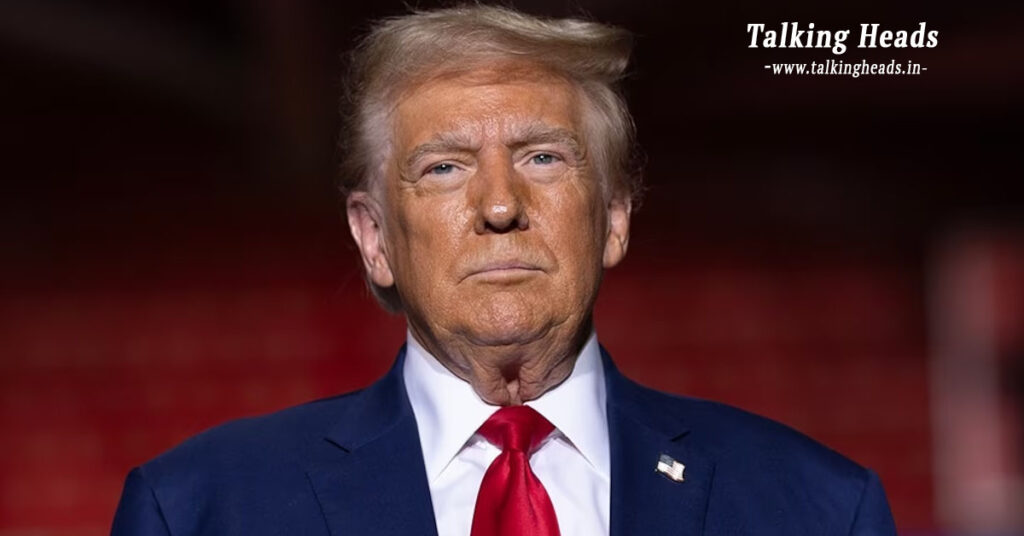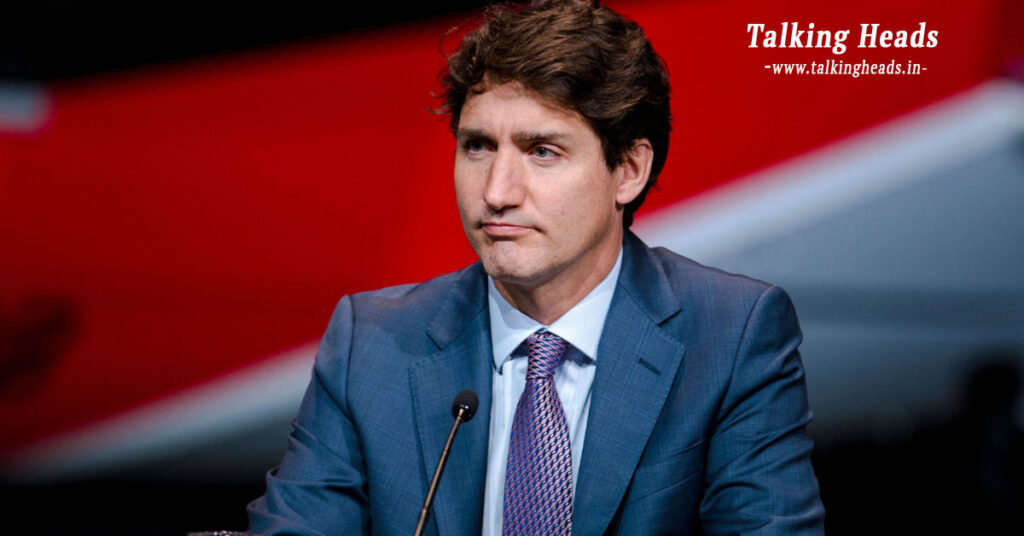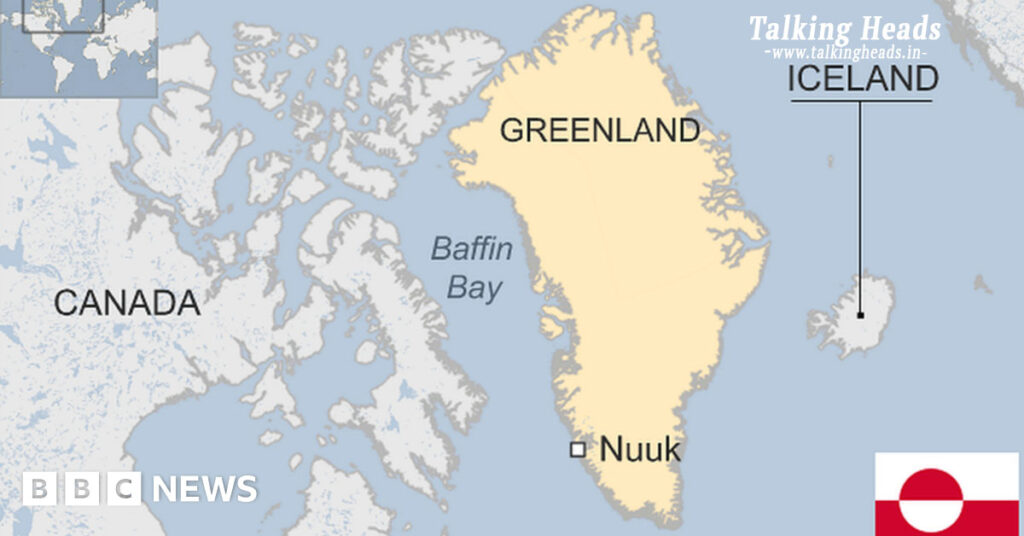Table of Contents

Trump- Canada: second-largest trading partner : Following Mexico, Canada is the United States’ second-largest trading partner. Beyond business, the two countries share many similarities, which help strengthen their bilateral relationship. However, President Trump has expressed dissatisfaction with Canada, focusing particularly on tariffs and what he perceives as unwanted infiltration.
Trump- Canada: These bold statements have sparked significant media attention, suggesting that these issues may soon be prioritized during his administration. Trump’s comments have made his stance on these territories clear, and many are now speculating about the potential consequences of his plans once he takes office.

Trump- Canada: A Global Stir: Trump’s remarks have ignited a stir across the globe. Canada is strongly against the idea of becoming the 51st state of the U.S. Meanwhile, Panama’s president has expressed displeasure regarding Trump’s comments on the Panama Canal, and influential European countries such as Germany and France have raised concerns about his stance on Greenland.

Trump’s statements have caused a significant disruption in global geopolitics, and experts believe they were carefully considered. While his rhetoric may occasionally appear clumsy, many view him as a shrewd and strategic thinker. Analysts also suggest that, in his second and final term, Trump may make bold and unconventional decisions both domestically and internationally, knowing that this is his last opportunity to act as President of the United States.
Trump’s Desire to Address Tariffs and Border Security
First, let’s explore Trump’s concerns regarding Canada. As America’s neighbouring country, Canada plays a significant role in U.S. trade, ranking just behind Mexico as one of the largest trading partners. Apart from business, the U.S. and Canada share many commonalities that promote mutual relations. However, Trump has expressed dissatisfaction with two main issues: tariffs and what he believes is infiltration from Canada.
Trump has criticized the low tariff rates on goods coming from Canada, arguing that this benefits Canada at the expense of the U.S. He has suggested increasing tariffs on Canadian goods by 25% to address this imbalance.

The High Cost of Protecting Canada
Trump has also voiced frustration about the financial burden the U.S. bears in ensuring the security of Canada. In his words, “We spend hundreds of billions of dollars every year on the security of this country, yet we are incurring massive trade losses.” According to Trump, the U.S. does not need certain Canadian products, such as cars and dairy, as the country is capable of producing these goods domestically. He has even questioned the rationale behind spending such large amounts on Canada’s defense when there is no reciprocal benefit for the U.S.
In a provocative statement, Trump even suggested that Canadian Prime Minister Justin Trudeau should become the governor of Canada, though this suggestion has been widely rejected by both Trudeau and the Canadian people.
Trump- Canada: Canada’s Economic Struggles and Immigration Concerns
Trump’s second major concern involves what he perceives as illegal or unchecked infiltration from Canada. While the U.S. often faces criticism for its southern border security, Trump believes that Canada is also contributing to this problem by allowing large numbers of asylum seekers into the country. Many of these individuals eventually make their way into the U.S., some legally, but others through illegal means.
Trump- Canada: influx of refugees and migrants into Canada : Trump has also pointed to the influx of refugees and migrants into Canada under Trudeau’s leadership, arguing that this has led to social and economic strain in Canada. Reports suggest that Canada’s housing market is becoming increasingly inaccessible, with basic necessities in short supply. Some have even been seen waiting in line outside food stores. These conditions, Trump argues, could exacerbate security concerns, particularly if individuals from unstable regions cross into the U.S. via Canada.
A Vision for America’s Expansion
Trump, a seasoned businessman and strategist, has long operated with a mindset focused on evaluating opportunities based on cost-benefit analysis. His approach to Canada is no different. If Canada were to become the 51st U.S. state, the potential benefits for the U.S. would be considerable, especially in terms of economic and territorial expansion. While Trump has faced pushback from Canadian officials and citizens, his rhetoric signals that he may continue to press for a more favourable deal for the U.S. in the years to come.










